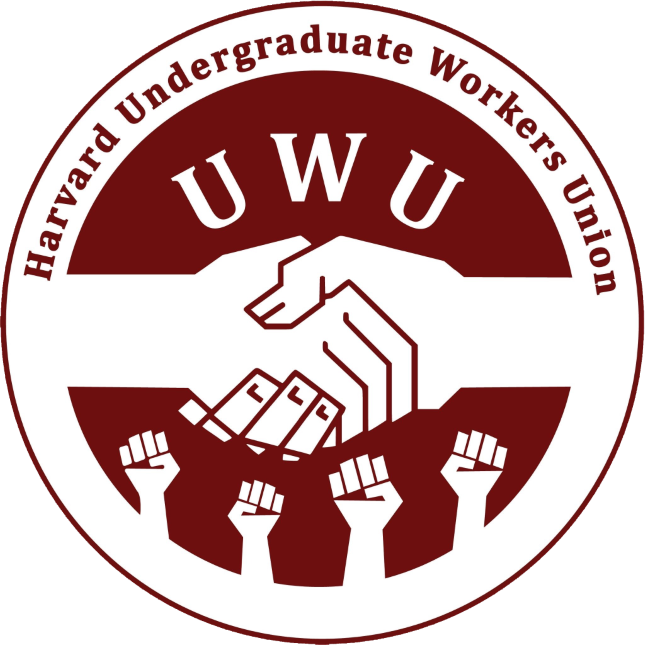My name is Rachel Sandalow-Ash, and I’m a third-year student and research assistant at HLS. On Friday, I facilitated the second bargaining session of the semester. We passed our counter-proposal on Compensation back to the university administration; and we received a counter-proposal from administration on Workspace and Materials.
We want a contract that keeps up with the cost of living in Boston and Cambridge. The administration is far from making reasonable proposals on this front.
To highlight one example: under the university’s proposal, science RAs would be guaranteed a 2.5% raise over their total compensation— below the 3% conventional raise. The administration also insists that for GSAS students who work as teaching fellows, so-called “top-up” income is not pay, even though students must work to earn this money. By this logic, the university is insisting on complete discretion over top-up pay. Thus, under the administration’s proposal, GSAS TFs would not have any income security over their total compensation under a contract. This is equivalent to a cut in pay for some TFs in later years. This is unacceptable.
As another example: for hourly student workers (like me), the administration wants to set a minimum wage of just $15/hour. This wage is lower than what student workers in most departments currently earn; lower than what graduate student workers at peer institutions earn; and lower than what other workers on campus, such as dining hall workers and custodians, earn. At the bargaining table, we will keep advocating for a contract that guarantees fair pay for both hourly and salaried student workers.
For almost a year now, my fellow bargaining committee members and I have sat across the table from university officials—and for almost a year, we have been frustrated by the administration’s consistent failure to agree to basic rights and benefits — from protections against discrimination and harassment to comprehensive and affordable healthcare. Time and again, we have asked university officials — if schools like NYU, the University of California, and the University of Michigan can agree to these rights and benefits, why can’t Harvard do the same? And time and again, the university has failed to give a meaningful response. It’s become increasingly clear that we won’t win a strong contract simply by continuing to negotiate. To secure a strong contract, student workers across the university need to take action, together.
Also — as you may have seen, Trump’s National Labor Relations Board has drafted a proposed rule that would withdraw legal protections from student workers at private universities who are attempting to unionize. If this rule goes into effect, it could negatively impact student workers nationwide. So, along with student workers at dozens of other universities, we are planning to submit comments to the NLRB to urge them to withdraw this proposed rule. If you are interested in helping to write these comments, please respond to this email.
At the same time, the proposed rule does not change things on the ground for us here at Harvard. By unionizing and bargaining strong contracts—and, when necessary, going on strike —student workers across the country have won improved pay, better health insurance, paid leave and child care subsidies, and more. We will not stop organizing for a strong contract.
You can read more about the proposed rule—and the growing student worker union movement —in this New York Times article.
In Solidarity,
Rachel Sandalow-Ash
Harvard Law School 3L and Research Assistant
HGSU Bargaining Committee


